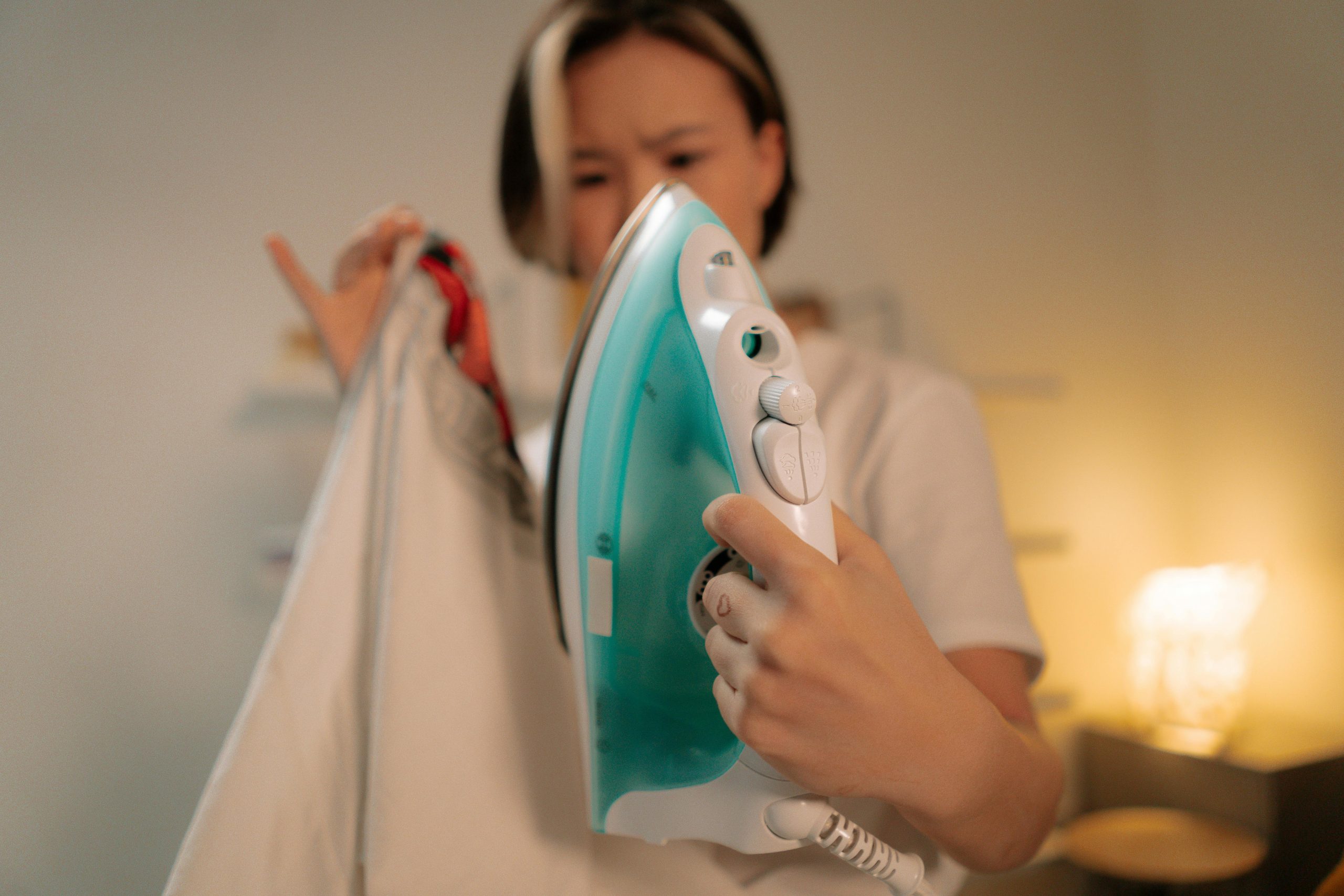Title: Troubleshooting Unexpected SSD Failure Alerts on Dell Precision 5510
Introduction
Many users rely on their Dell Precision 5510 workstations for critical tasks, and sudden hardware alerts can cause significant concern. Recently, some users have reported receiving random error messages indicating that their SSD is failing, despite no prior symptoms. This guide aims to clarify what these alerts mean, explore potential causes, and provide actionable steps for resolution.
Understanding the Error Message
In a typical scenario, users encounter an error similar to the following:
- System Model: Dell Precision 5510
- BIOS Version: 1.2.14
- Support Tag: 82R9DC2
- Error Code: 2000-0151
- Component Affected: Hard Drive 1 (S/N: 46FS103HT5ZV)
- Error Details: “Build 4304.07 UEFI ROM” with a “CriticalWARN ReadOnly” status
The message indicates that Dell SupportAssist has detected a potential hardware failure related to the SSD. The critical warning about “ReadOnly” status suggests the drive may be entering a protective mode, often a sign of underlying issues.
Common Causes of Sudden SSD Alerts
- Firmware or BIOS Issues: Outdated firmware or BIOS can sometimes cause false positives in hardware diagnostics.
- Drive Health Degradation: The SSD may be showing signs of aging or wear, prompting the system to flag it.
- Corrupted Diagnostic Data: Errors in diagnostic tools or corrupted system files can generate false alerts.
- Software Glitches: Sometimes, the monitoring software itself may malfunction, producing confusing error messages.
Troubleshooting Steps
-
Verify Physical Connection
-
Power off the laptop and disconnect all power sources.
- Open the back panel carefully and ensure the SSD is properly seated in its slot.
-
Reassemble and boot the system to see if the alert persists.
-
Update System BIOS and Firmware
-
Check Dell’s official support page for the latest BIOS and SSD firmware updates.
-
Follow the provided instructions to update your system to the latest firmware versions.
-
Run Built-in Diagnostics Manually
-
Restart your system and press F12 during startup to access the One Time Boot Menu.
- Select “Diagnostics” and run a full test on the SSD.
- Review the results carefully for any specific error codes.
4
Share this content:

